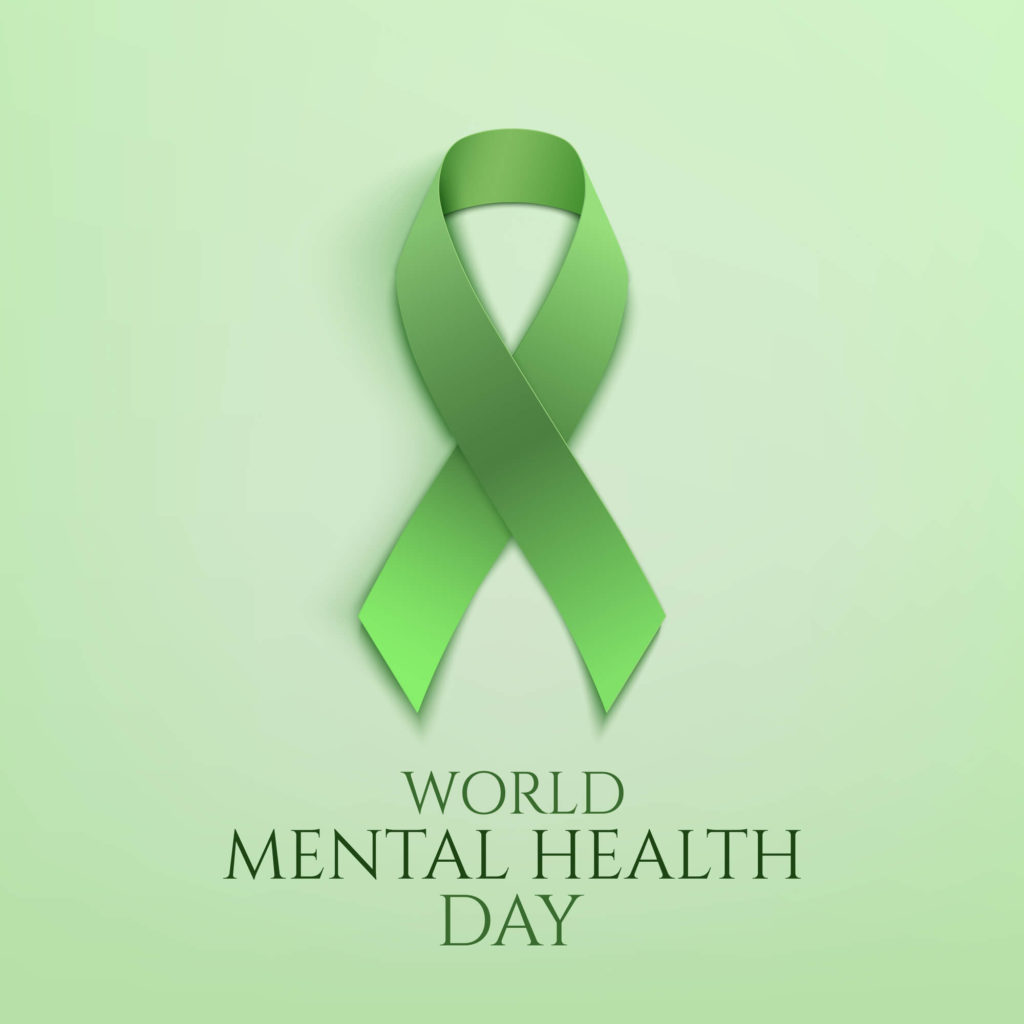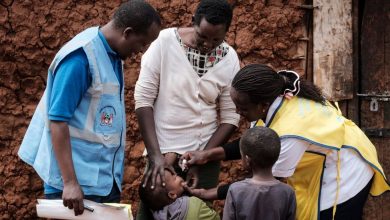
World Mental Health Day is observed around the globe on October 10, annually with the objective addressing to raise awareness about the significance of the mental wellness of individuals.
The World Health Organisation says, the day offers the opportunity for those working on mental health issues to speak about their work, as it highlights the significance of how the efforts in this direction are crucial and how more needs to be done.
This year, the day is observed under the theme; ‘Making Mental Health and Wellbeing for all a Global priority’, which serves as a reminder that, after nearly three years, the social isolation, fear of disease and death, and strained socio-economic circumstances associated with the COVID-19 pandemic have contributed to an estimated 25% global rise in depression and anxiety.
On this day each year, advocates of mental health congregate across the world and celebrate the annual awareness programme to call attention to mental illness and its major impact on the lives of people.
In the last few years, the WHO and several international organisations have acknowledged the importance of mental health in achieving global development goals.
According to WHO, depression is one of the leading causes of disability, and suicide is the fourth leading cause of death among those in the 15 and 29 years age group.
Origin
World Mental Health Day was observed for the first time on October 10, 1992. It was an initiative by the World Federation For Mental Health, a global organisation with over 150 member nations.
The day was initiated by Deputy Secretary General Richard Hunter. Reportedly, the first occasion did not have any specific theme apart from creating awareness among the masses. It was in 1994 that World Mental Health Day was celebrated for the first time with a specific theme – ‘Improving the quality of Mental Health Services throughout the world
Statistics
Across the African Region, more than 116 million people were already estimated to be living with mental health conditions pre-pandemic.
Suicide rates remain particularly concerning, as are the exponential rates of alcohol use and abuse among adolescents as young as 13 years of age.
We need to urgently strengthen regulatory systems to close the gaps that allow such young people to easily access alcohol, contributing to heavy episodic drinking rates as high as 80% among teens from 15 to 19. The situation poses a serious threat to their education, while setting the stage for a lifetime of alcohol abuse, and the associated risks of noncommunicable and other related diseases.
Inadequate financing for mental health continues to be the biggest limitation, negatively impacting efforts to expand Africa’s mental health workforce. As things stand, there are fewer than two mental health workers for every 100 000 people, the majority of whom are psychiatric nurses and mental health nursing aids.
With these scarce resources concentrated at large psychiatric institutions in urban areas, people at community and primary care levels are left critically underserved. For example, while two-thirds of Member States report having guidelines to integrate mental health into primary health care, fewer than 11% are providing pharmacological and/or psychological interventions at this level.
It is however heartening that up to 82% of our Member States are receiving training on how to manage mental health conditions at primary care level, with up to 74% reporting that specialists are involved in providing appropriate training and supervision to primary health care professionals.
African governments have also made some progress on mental health spending, which has risen to 46 US cents per person. But that is still well below the recommended US$2 per person, with mental health not featuring in national health insurance schemes.
Mental Health Experts in Ghana advocate adequate investment into mental health among other interventions to deal with access to justice and stigma for persons with mental ill-health.
Current statistics from the Ghana Mental Health Association and World Health Organization (WHO) suggest an estimated 3.1 million Ghanaians, representing 10% of the estimated 31 million total population, have a form of mental disorder, with about 16,000 cases reported to be severe.
As of 2021, statistics from the Ghana statistical Service suggest that about 20,000 mentally ill persons roam the streets nationwide, with 1,600 reported to be in Africa and Tema alone.





